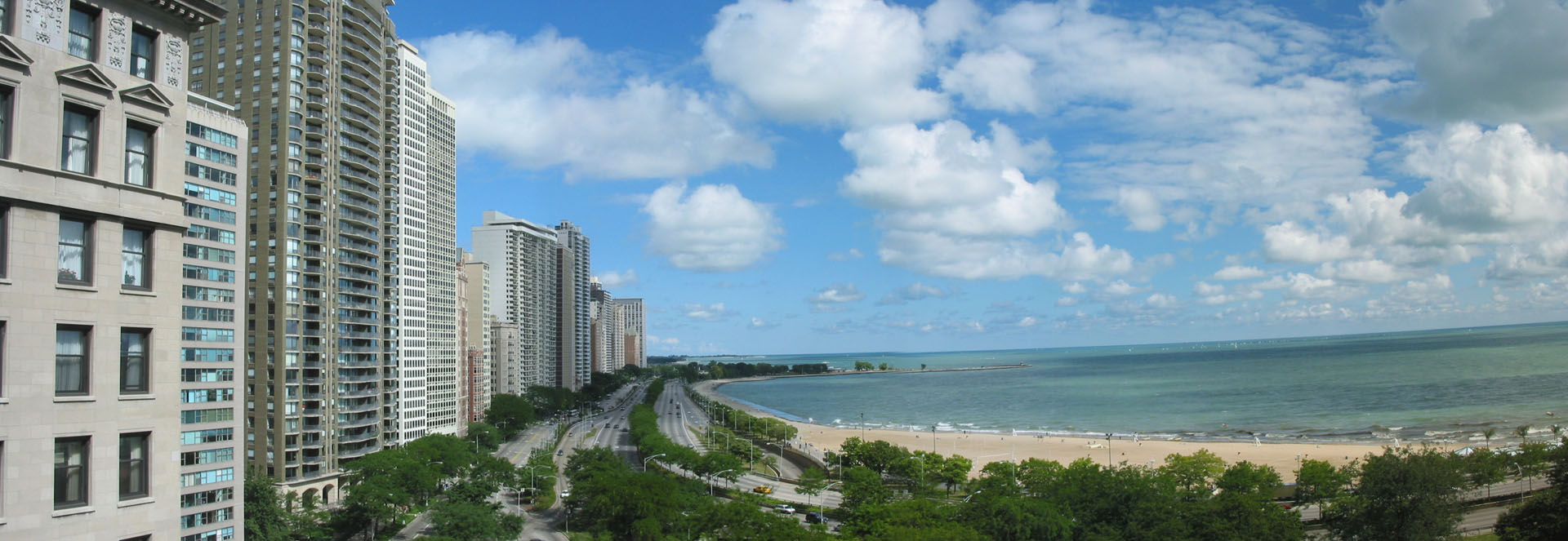From: http://www.newsobserver.com/opinion/columnists_blogs/other_views/story/166402.html
CHAPEL HILL When I was a kid, I met my congressman for the first time. He told me a strange story: In the 1950s he got funds from Congress to help a city near my hometown move a creek into a concrete ditch, which people thought would prevent flooding. The project also created jobs and helped the congressman get re-elected.
Forty years later, the floods continued and the concrete now created water-quality problems downstream. The same congressman was forced to get even more money to move the creek out of the concrete ditch.
My congressman had used the best engineering that money could buy. So why didn’t the project work? And where was all that water coming from?
We now know that this wasn’t a problem to be solved by engineers – at least not in the long term. Despite their best efforts, engineering solutions enforced by local governments usually fall short of protecting water quality and preventing floods. This is because local governments often ignore the root causes of these problems.
Building construction creates a lot of pavement, which increases stormwater runoff and channels it into rivers. This not only causes flooding, it also siphons in pollutants that harm our lakes and rivers.
The only long-term way to prevent these problems is to develop better ways of managing urban growth. Water quality depends on how and where our cities grow.
In North Carolina, cities are usually organized by land use, where commercial and industrial districts are separated from houses. Many urban planners now believe that this theory of organizing cities has created many of the current urban problems – including traffic congestion, poor water quality and flooding.
New ideas about managing cities are challenging the century-old idea of organizing cities by segregating land use. Several of these new ideas could be helpful here in the Triangle.
Years of sprawling growth in the region has taken its toll on the Jordan Lake reservoir, a major water source and recreation resource. Pollution in the reservoir has led to fish kills and high water treatment costs. To combat this, in August the General Assembly passed sweeping water-quality rules for Jordan Lake. However, even these rules are based on inefficient methods of regulating growth in cities.
There is new evidence of a better way for cities in the Triangle and Triad to grow. Last year, we began studying the possibility of cities in the region adopting a new type of local land use regulation known as a “form-based” code. Form-based codes apply a different type of zoning, where regulations are based on the size of buildings and materials used to construct them, rather than the building’s use. These codes regulate businesses, homes, and industrial sites based on their forms, density and arrangement in the landscape.
Research has shown that the form of the built environment is more directly linked to environmental damage than building uses. Form-based codes can also be more flexible in regulating what is constructed within cities. Developers are more freely able to mix businesses with homes. In exchange, local authorities enforce stricter guidelines for the form of these buildings – such as the density of housing and the amount of pavement on a parcel.
One encouraging sign is that many Triangle communities have already adopted new land-use regulations that are more effective for regulating stormwater. For example, Cary now allows developers to construct denser subdivisions that limit pavement and other surfaces that whisk water away quickly.
Other cities in the area have also created more flexible growth regulations. However, because these ordinances are largely voluntary, they may rarely be used.
Experience has shown that commitments to solve water-quality problems come from consensus agreement about the sources and amount of water pollution. Although form-based codes could improve Jordan Lake’s water, coordinating the 37 separate jurisdictions upstream of the lake will be difficult. Regional organizations, like the Triangle J Council of Governments, lack power and influence over local governments.
Communities around Jordan Lake will face increasingly strong mandates to reduce water pollution. Local governments in the Triangle should encourage urban forms that reduce harmful water runoff, using form-based regulations. Inter-governmental coordination will be key to helping form-based regulations reduce water pollution in Jordan Lake.
With strong regional coordination, governments surrounding Jordan Lake can ensure the quality of the lake for generations to come. Without strong regional leadership, local governments working separately will fail, and our own prosperity and growth will come at the expense of our lakes and streams.
Todd K. BenDor is an assistant professor of city and regional planning at UNC-Chapel Hill and a 2009 GlaxoSmithKline faculty fellow at NC State University’s Institute for Emerging Issues. Research was completed with Hannah Berg, a 2009 graduate of the master’s program in city and regional planning at UNC-Chapel Hill.
